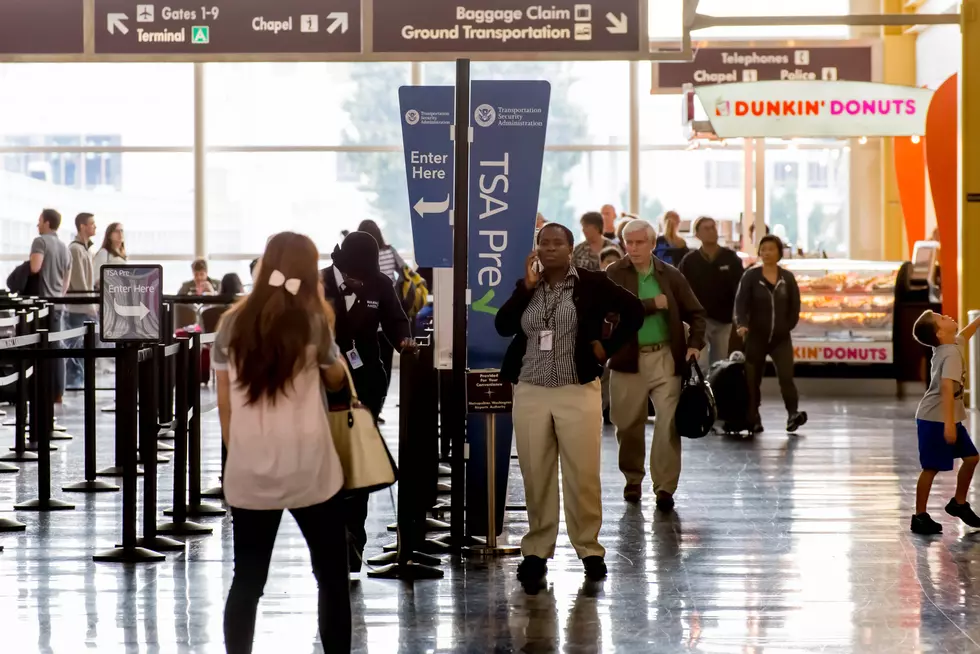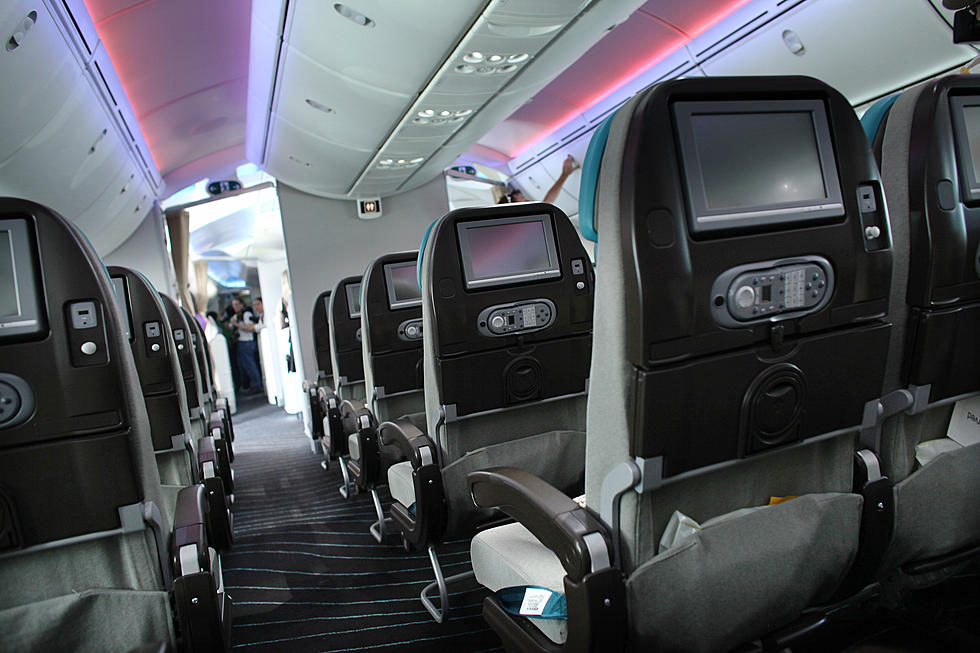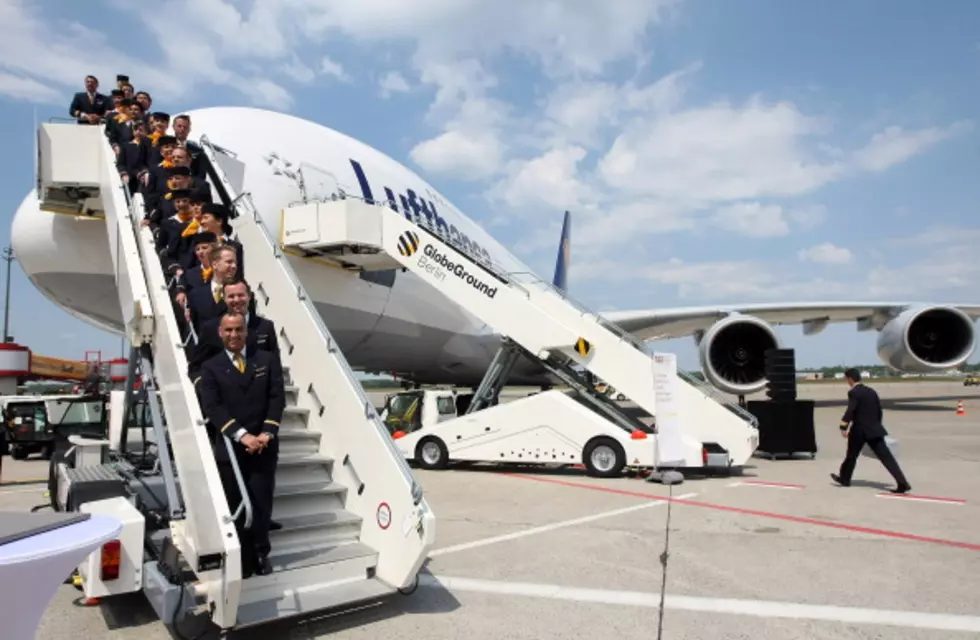
FAA Says Yes To Using Devices On Planes, Flights May Offer Wi-Fi
The Federal Aviation Administration has loosened their rules and have now said travelers on planes can use their devices. Now you can watch videos, play games on your pad and listen to your mp3 player. But don't expect to be chatting on your cell phone. A ban on using cell phones for voice communication remains in effect.
Having said that, you can leave your phone on, you just can't be making phone calls. As far as using devices, passengers in the United States were prohibited from using the devices until their plane rose above 10,000 feet, now, it is gate to gate. The average time it took to get to 10,000 feet was only ten minutes, but most people admitted to leaving their phones and players on until they reached that height to use it.
Delta Air Lines and JetBlue wasted no time announcing Thursday morning that both airlines have filed plans with the FAA to allow for use of approved electronic devices below 10,000 feet on their flights. Both carriers had representatives on the FAA advisory panel.
The FAA also permits the use of in-flight Wi-Fi service if the airline offers and allows it. Delta said its service will continue to be available above 10,000 feet. Which may help some airlines make some more money by charging for the Wi-Fi service.
According CNN, the FAA had long claimed that using electronic devices during takeoff and landing posed a safety issue and that radio signals from the devices could interfere with an aircraft's communications, navigation and other systems.But a panel the FAA established last year to study the issue concluded that most commercial airplanes can tolerate radio interference signals.Before an airline switches to the relaxed rules, it will have to prove to the FAA that its aircraft can tolerate the interference. Airlines have, over the years, built newer planes with portable electronics in mind, hardening them against electromagnetic interference.
The FAA did say there are exception to the new rule: "In some instances of low visibility -- about one percent of flights -- some landing systems may not be proved PED tolerant, so you may be asked to turn off your device."
Also according to CNN, Association of Flight Attendants expressed some concerns, asking in a statement that testing be streamlined to ensure that "airplanes can tolerate electromagnetic interference" from passenger devices. Development of crew training and passenger messaging is also needed to ensure passengers pay attention to safety messages from flight attendants, the union said.
I really don't think people were turning off their cell phones most of the time anyway. Flight attendants will have a harder job since they have to check to see if you have an approved device but on the whole, it seems that the FAA is only following public and private pressure to ok the devices anyway.
It certainly will make long flights seem shorter now that some airlines have cut down on snacks and drinks, and in flight movies and tv.
Read More
More From KOOL 101.7









